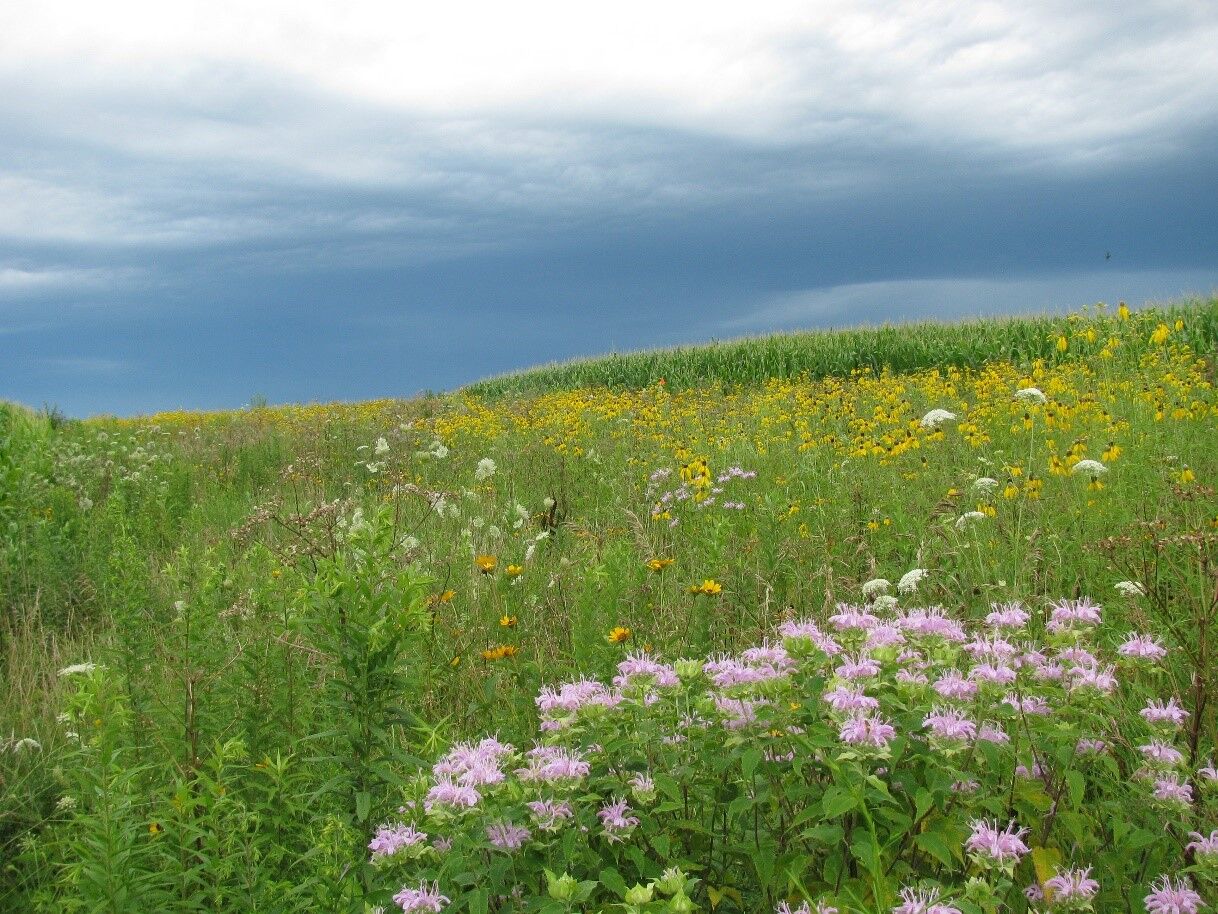Equine owners have numerous choices when it comes to which forages to feed their horses. In order to help make the decision easier, Iowa State University Extension and Outreach has released a new publication called “Forages for Horses in Iowa.”
A dozen different species of legumes and grasses are covered, along with information on how to seed each species and maximize the yield potential.
“A mature horse that is not working hard will eat 1.5 to 2 pounds of air-dry feed per 100 pounds of body weight,” said Peggy Auwerda, associate professor in animal science and extension equine specialist. “That would be 15 to 20 pounds of hay daily for a 1,000-pound horse. In Iowa, horses will require about 2 tons of hay per head per year, plus summer pasture.”
Pasture is an ideal forage for horses in the spring, summer and fall, but during winter months, a high-quality hay is essential.
The publication explains how to identify each plant, its flower and seed, and its best uses. The publication also gives advice on how to seed new forages, and how to manage established grasses and legumes so they grow at their fullest potential.
“This information will help Iowa horse owners with decision making for the management of land used for pasture or hay production,” said Auwerda. “The descriptions of legumes and cool season grasses provide background information to help equine owners understand the types of forages used in horse pastures.”
Although horses can eat almost any forage, they should not have access to sorghum and sudangrass, which can cause poisoning. They can eat clovers, but clover causes horses to slobber and may not be ideal for show animals.
The nutritional needs of the horse will depend on its age and what it is being used for. Information for gestating and lactating mares is covered in depth in a second ISU Extension and Outreach publication, called Nutrition for the Gestating and Lactating Mare.
For more information, Auwerda can be reached at [email protected] or 515-294-5260.




